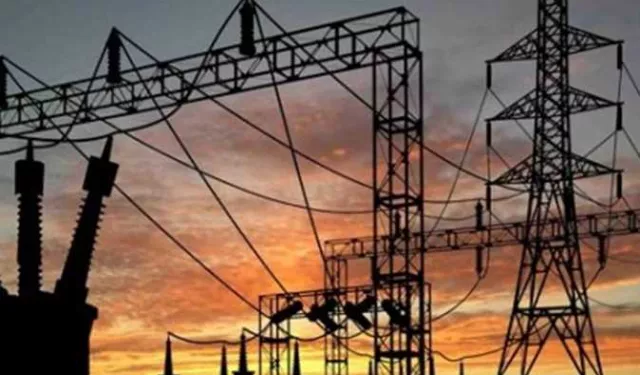Egypt spent approximately $3 billion on importing natural gas and fuel oil to operate power stations in the first half of 2025 through mid-June, a sharp increase from the $2.2 billion spent in all of 2024, a senior Finance Ministry official told Al Manassa.
The surge reflects mounting pressure on the government to meet energy needs amid record-high natural gas imports. In the first quarter alone, gas imports hit $1.73 billion—up from $696 million during the same period last year.
“The government is working intensively to prevent blackouts as electricity demand peaks during the summer,” said the official, who requested anonymity. “Daily loads have surpassed 34,000 megawatts, requiring massive fuel supplies.”
National grid data shows peak evening loads reaching 36,000 megawatts, dropping to 28,000 megawatts in the morning.
“The largest portion of these allocations was directed to cover the shortfall in domestic gas supplies, which have declined due to falling production and rising consumption from industries like manufacturing and fertilizers,” the official explained.
To bridge the gap, the source continued, the government has diversified fuel sources, including costly spot-market liquefied natural gas (LNG) imports and increased reliance on fuel oil, which is both more expensive and more polluting. These steps aim to keep power stations running and avoid planned outages.
Earlier this month, Al Manassa reported that the Egyptian Natural Gas Holding Company (EGAS) arranged three LNG shipments over two weeks after demand from power stations rose by between 7% and 10%.
EGAS plans to operate five regasification ships during fiscal year 2025-2026 to meet summer demand as temperatures and domestic usage climb.
